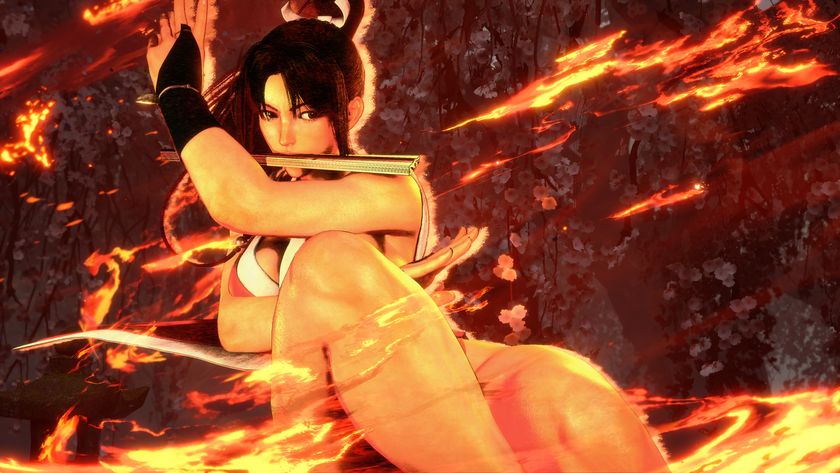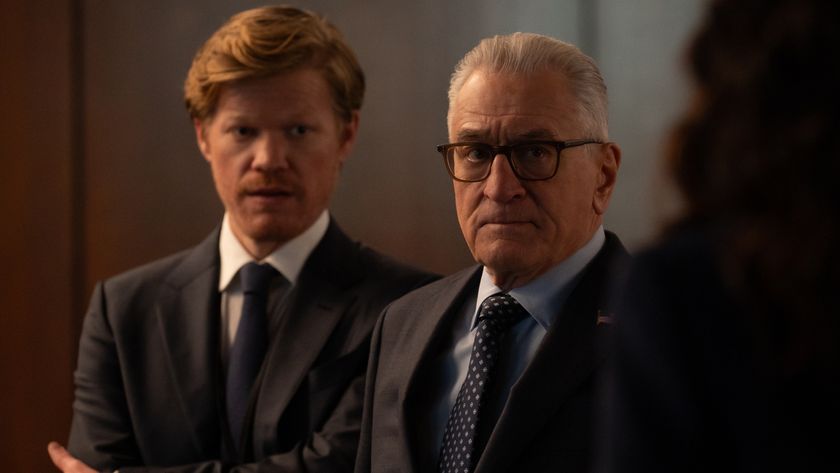Why Rogue Squadron is still one of the best Star Wars games out there
Along with Virtua (not Virtual) Fighter and DKC2: Diddy’s Kong Quest (not Diddy Kong’s Quest), Rogue (not Rouge) Squadron will go down as one of the most consistently misspelled games of all time. But that’s alright. Even visions of square-jawed pilots applying make-up in a sequinned mirror couldn’t undermine one of the most gratifying Star Wars games your outlandish space-dollars could buy.
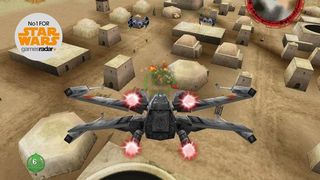
The origins
German developer Factor 5, presumably giving up on the sunscreen business, had already built bridges with LucasArts by the time The Phantom Menace prerelease hype started to build (well, we were all young and naïve once). From its new HQ closer to LucasArts in California, the team began gently prodding the Death Star proprietor for full access to its toybox.
N64 launch title Star Wars: Shadows Of The Empire inspired Factor 5’s pitch – or at least the impressive opening flight level of that hot mess of gameplay styles in a box. Handed Luke Skywalker himself to play with, Factor 5 roped in side character Wedge Antilles, landgrabbed the period between A New Hope’s Battle of Yavin and the start of The Empire Strikes Back, and set about relaying the story of the pair and their jobbing band of airborne Empire-botherers.
It wasn’t an easy ride: learning the ways of the N64 and unshackled 3D gameplay caused no end of trouble until the last few months of the game’s development – not that you’d ever suspect any of this when you come to actually jumping in and playing it.
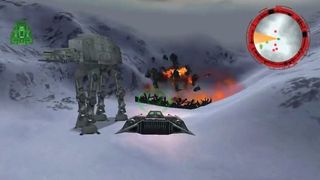
The legend
The heavily cockpit-centric action followed in the wake of the classic X-Wing series on PC, but there was no intricate pitch and yaw calculation to put you off your shootin’ in Factor 5’s “accessible free-flight action game”. Rogue Squadron was glorious, streamlined arcade exhilaration all the way.
You did of course get to fly an X-wing… along with a sprightly A-wing, a weighty Y-wing, a newbie V-wing, and a snowspeeder for those tow-cable moments, plus bonus ships such as the Millennium Falcon, a TIE fighter, and, er, a 1969 Buick Electra, for anyone who was a bad enough dude to amass a whole cargo hold full of medals.
With objectives ranging from bombing runs to rescue missions, each stage formed its own intoxicating little Rebel Alliance adventure in a bubble. Familiar names, moments, text scrolls and audio stings strutted by; by the halfway point of the first mission, you were spearing through formations of TIE bombers in the parched skies over Mos Eisley, and by the time you hit the bonus missions you were wrapped up toasty-tight in the bantha furs of fanboy heaven.
Sign up to the 12DOVE Newsletter
Weekly digests, tales from the communities you love, and more
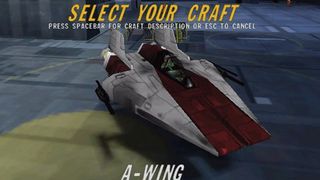
The legacy
Not only was Rogue Squadron gleefully received as a highlight of the N64 library and the wider Star Wars gaming club, but the GameCube brought us equally lovely second and third instalments in Rogue Leader and Rebel Strike.
Sadly it was the last great accomplishment for Factor 5, as plans for more games (and a juicy next-gen trilogy compilation) fell burning from the sky, one after the next. Sony was less interested in Star Wars fun times, so while a PS3 hookup did offer a shot at new IP, in the end it couldn’t stave off a quiet and dignified closure.
But the name of Rogue Squadron lives on, setting the standard that DICE and others now need to match when they let us scruffy oiks into the cockpit of a factory-fresh Y-wing or Han Solo’s old hunk of junk. We’re red-faced with anticipation for our next breathless Star Wars adventure (both the movie, and the recently released Star Wars: Battlefront) – and it’s not just because of all the rouge.
Click here for more excellent GamesMaster articles. Or maybe you want to take advantage of some great offers on magazine subscriptions? You can find them here.
Most Popular







